And how you can benefit from understanding anger.
Generally speaking, anger is experienced as something negative. It is often interlinked with aggression – or, at least, that is how it becomes noticeable to others. There are articles after articles telling us that ‘anger can cause…’, ‘anger can result…’, ‘anger can lead to…’, ‘anger with depression…’, ‘anger with anxiety’, ‘anger management’, etc., etc.
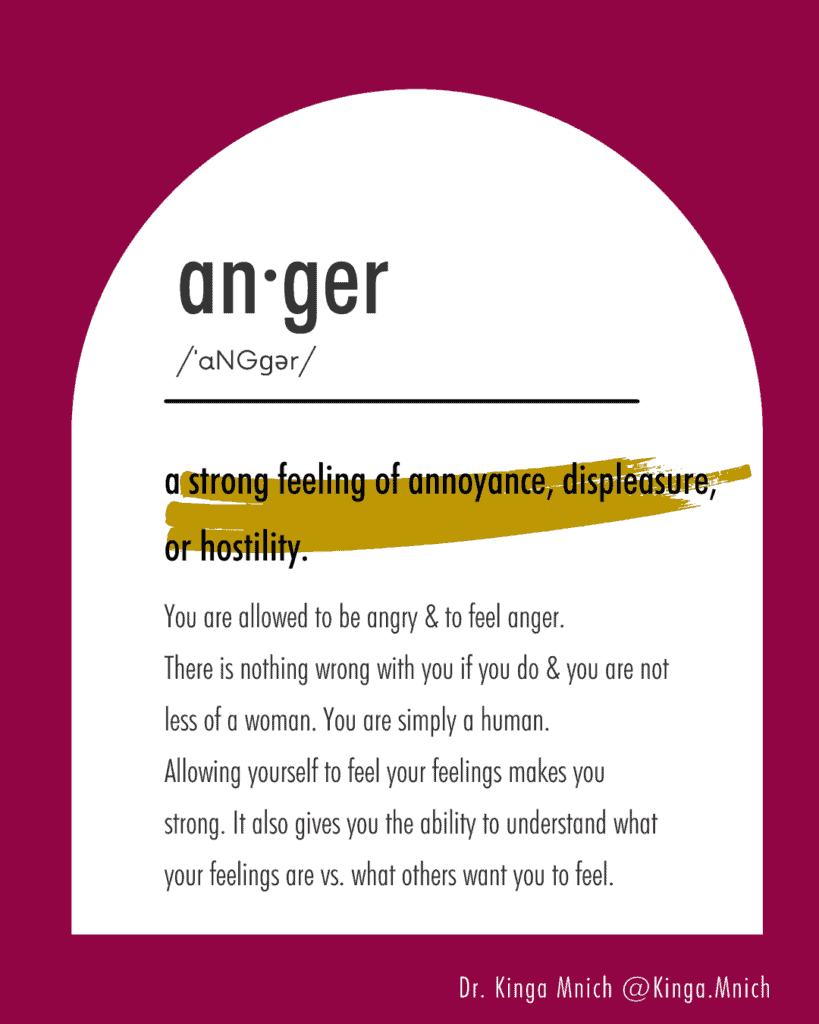
But anger can also move two ways: introvertedly and extrovertedly. Meaning you can be angry about someone else or mad about yourself. Like any emotion, anger starts with a chemical reaction towards some sort of outside signal. The signal transforming that reaction into anger is the feeling that our boundaries are being breached without our consent.
What is Anger?
Anger is one of the core human experiences and one of the 7 universal emotions. Chemically speaking, when you experience anger, the brain releases the stress hormones adrenaline and noradrenaline. This process helps the body control the heart rate and blood pressure and regulates the pancreas, controlling blood sugar levels (Boerma, 2007). Or put another way, anger is when you blow your top with indignation!
Anger – a universal emotion.
Like any other universal emotion, anger results from the internal mechanism to scan our environment and understand how we should behave. If understood correctly, anger is an internal signal that you need to set boundaries and protect yourself. At its core, anger is a mechanism that sends an alarm to the mind to restore the boundary.
Many of my clients suppress their anger because they are afraid to be judged or fear they will be taken less seriously. They feel that anger is as if they don’t have everything under control, especially their emotion. Anger is usually perceived as control loss or the inability to keep yourself in check.
Especially for women, anger is deemed to be ‘socially not acceptable’ and leads to loss of personal or business status. When expressing anger, women are often portrayed as insane, inarticulate, uneducated, or even uncivilized. BUT, on the other hand, men have, on many occasions, gained power through the expression of anger.
So, is positive external anger reserved just for white men? Everyone else who shows this emotion is quickly categorized as either aggressive or insane. It seems that anger, just like shame, is being used to define the power-status relationship within society. That is; it has been highly culturalized.
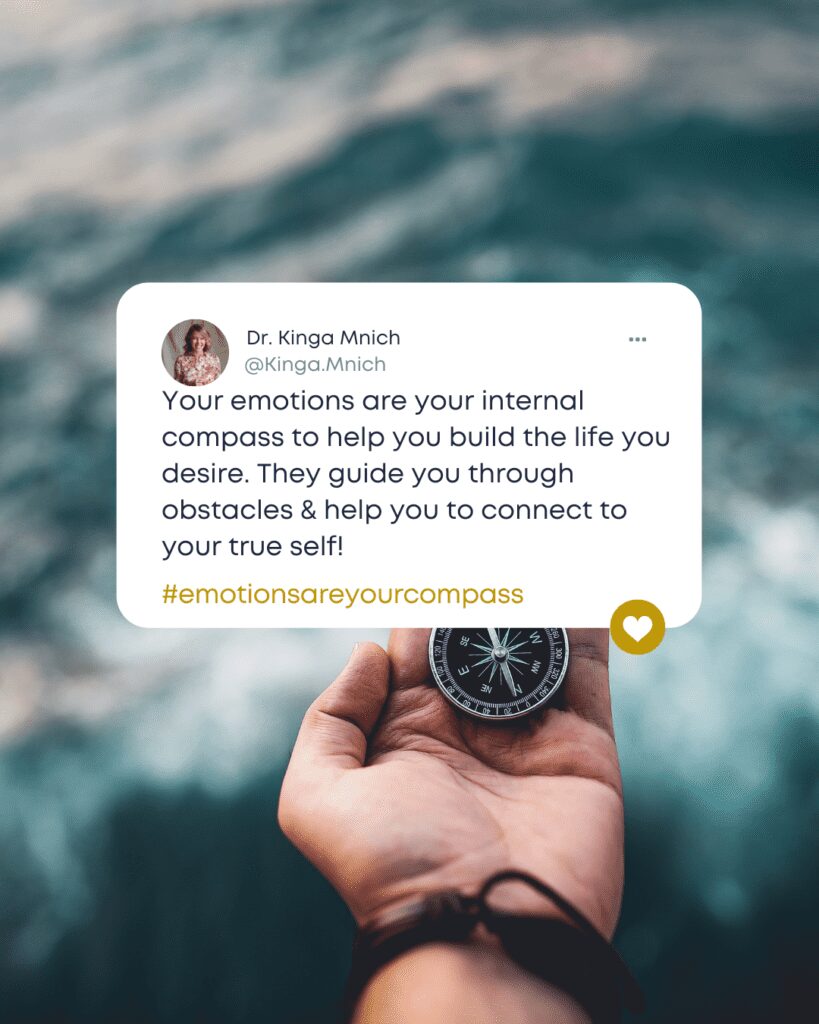
Culturalization of emotions.
It has taken decades to debunk Eckman’s theory of universal emotional expression (where the understanding and expression of emotions are deemed to be universal), but Lisa Barrett has shown, in her incredible study, that each of us uniquely constructs emotions. The environment that we live in, our prior experiences, and our cultures determine our own individual relationship with emotions.
This becomes even more profound, as Arlie Hochschild described in her 1979 research on emotional labor. We don’t just feel our emotions, but we feel rules through socially shared norms, which inversely influences how people want to try to feel emotions in given situations.
Nevertheless, anger remains a taboo subject for women in most cultures. Thus, it is inappropriate to express anger as a woman, even though many Western cultures say they value individual emotions.
Why do women have to suppress anger socially?
Your emotional understanding starts in the early stages of childhood. Some sociologists even say that it begins during prenatal socialization. Importantly, you learn to associate anger with masculinity and manhood during these early stages. Research shows that toddlers already associate angry expressions with male faces.
Boys are often discouraged from expressing softer emotions such as empathy, fear, and sadness. These feminizing weaknesses are the opposite of masculine markers such as anger. Contrary to men, women are discouraged from expressing “negative” emotions such as anger or jealousy. These so-called “negative” or “strong” emotions are seen as unfeminine. In addition, women are discouraged from talking about negative feelings or focusing on their own needs. Women have to get angry the right way by politely ignoring what is happening around them.
How patriarchal societies teach women to detach from themselves.
Usually, we tend to complain about the inability of men to express their emotions. The story goes somewhere along the lines that men are not sensitive and don’t feel everything women feel. The funny thing is, women have a very similar issue. Neither gender can experience, evaluate and express the full spectrum of emotions. We might believe that women are superior in that regard, but we forget that many of us have been socialized to focus just on the side of “positive emotions”.
The problem starts with labeling emotions as positive and negative. This goes deep down in our cultural understanding dominated by patriarchal structures that place anything around us into boxes. But emotions are not black and white, or right and wrong; neither are they positive or negative. But they are up-lifting or down-lifting. Mostly they give us an understanding of our environment. They act as an internal self-preservation compass, ensuring that we create the best possible outcome. They are survival as well as self-development tools. More so, they help us to develop a well-functioning brain.
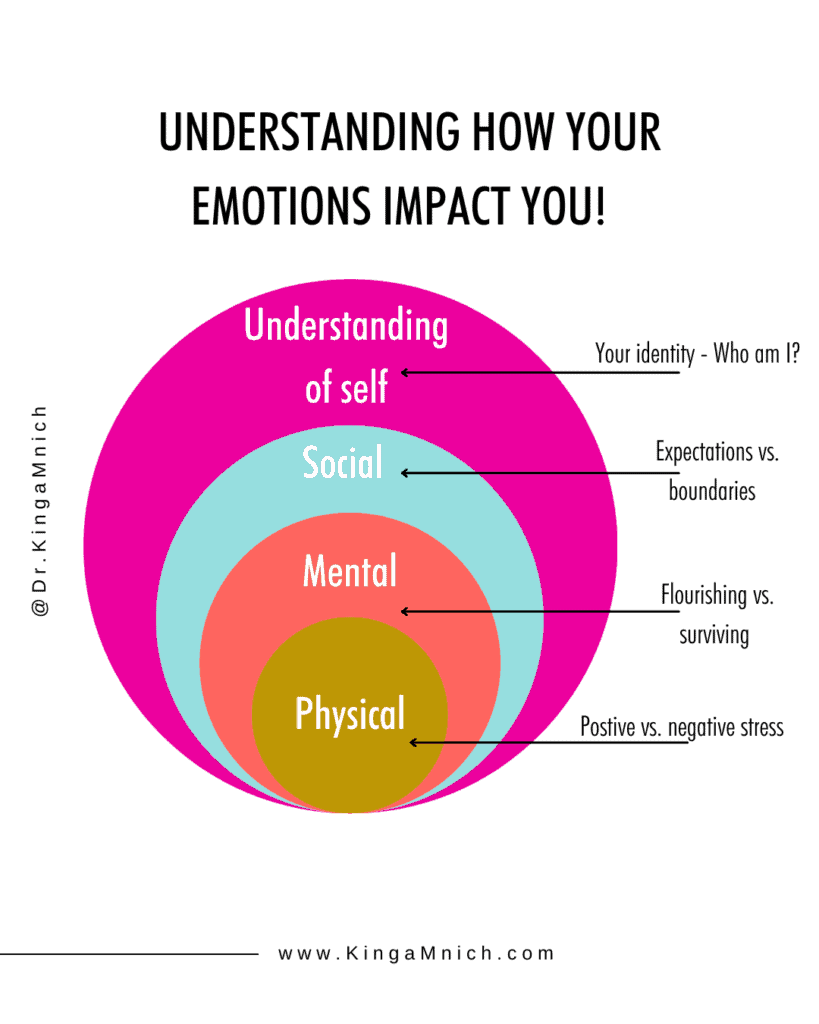
What happens if we suppress anger or any other emotion.
Suppressing emotions is never a good idea because it can lead to physical stress. No matter if it is anger, frustration, or any other emotion. Emotions that are not appropriately addressed and expressed can negatively affect relationships and impact your thinking and behavior – and can even cause health problems. We often see suppressed, diverted, or ignored anger leading to eating disorders, autoimmune diseases, depression, pain, chronic fatigue, and many other so-called “women’s diseases.”
But here is another thing: after years of suppression, your internal compass can become deregulated…and you may now even be feeling things that do not belong to you!
Emotions are powerful, and you don’t want to hurt others. But you also don’t want to suppress your emotions – especially anger, which can lead to depression and anxiety.
Understanding emotions – why it is important to express anger in a healthy way.
Addressing and expressing anger appropriately can be difficult, primarily when you have grown up in a family and surrounding that has never taught anything about female anger and how to deal with it.
Many of my clients, students, and even prisoners with whom I have worked, shared similar reasons for suppressing their anger. The typical responses were fear of hurting others, disappointing others, not living up to expected norms, and of being shamed. Especially for women, putting others first is a priority. It is no surprise that more women have psychological disorders than men. Though, it is surprising that even with increasing awareness of gender differences and discrimination and new safe spaces for women, the number of depression, anxiety, and auto-immune diseases still isn’t dropping.
In my opinion, one of the reasons for the constant increase is the inability for us to reconnect with our emotions. As a society, we continually fail to address the sources for many of the prevailing issues. Courses on emotional intelligence help leaders and high-achievers become more sensitive to the emotions of others and of themselves. But what if we need to start a step before and redefine what we feel, how we understand it, and then learn to express the full spectrum of emotions in a safe manner?
5 ways to use anger in a powerful way
So here are a few ways to get started:
Before you start expressing your emotions and feelings,
- Start by acknowledging them.
- Create space, listen and feel.
- Start an emotion diary.
- Become an observer.
- Take small steps to understand what’s happening.
Emotions are powerful, and you don’t want to hurt others. But you also don’t want to suppress your emotions – especially anger, which can lead to depression and anxiety.
And one final thing: start, in little controlled ways, to show your anger so that others begin to understand where they have been forcing you to suppress your emotions…you may enjoy the results!
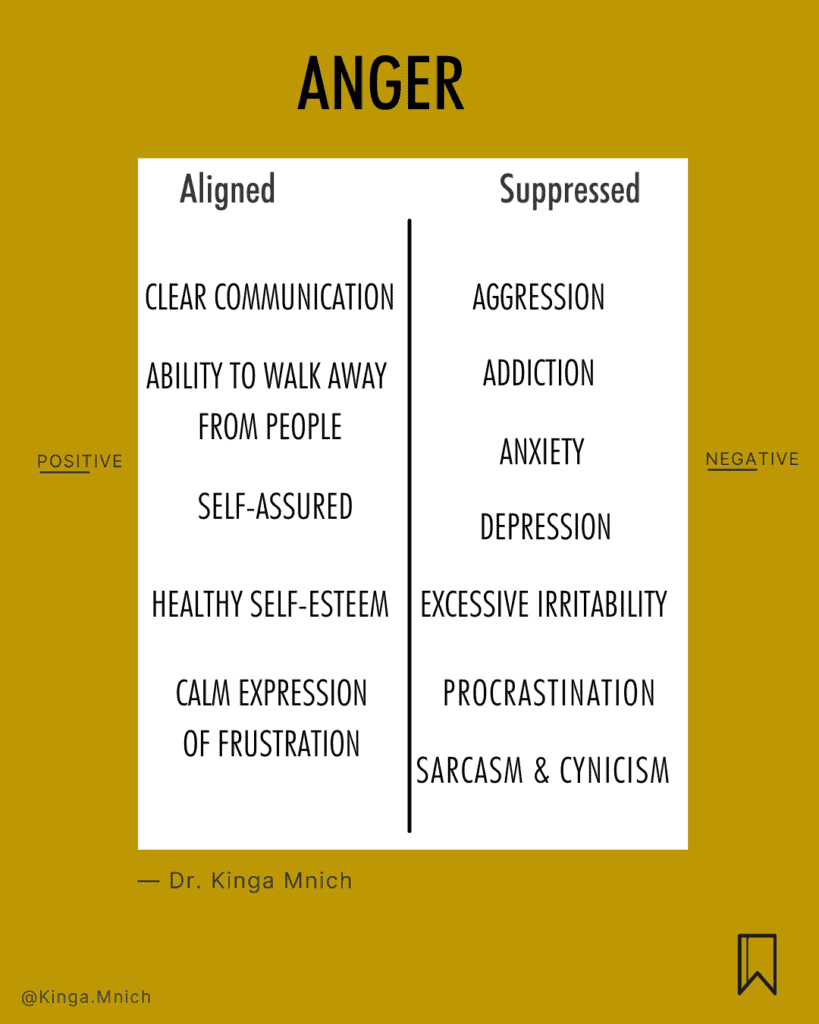
And one last question for you: How can you be authentic if you don’t connect with your emotions in an undisrupted way?
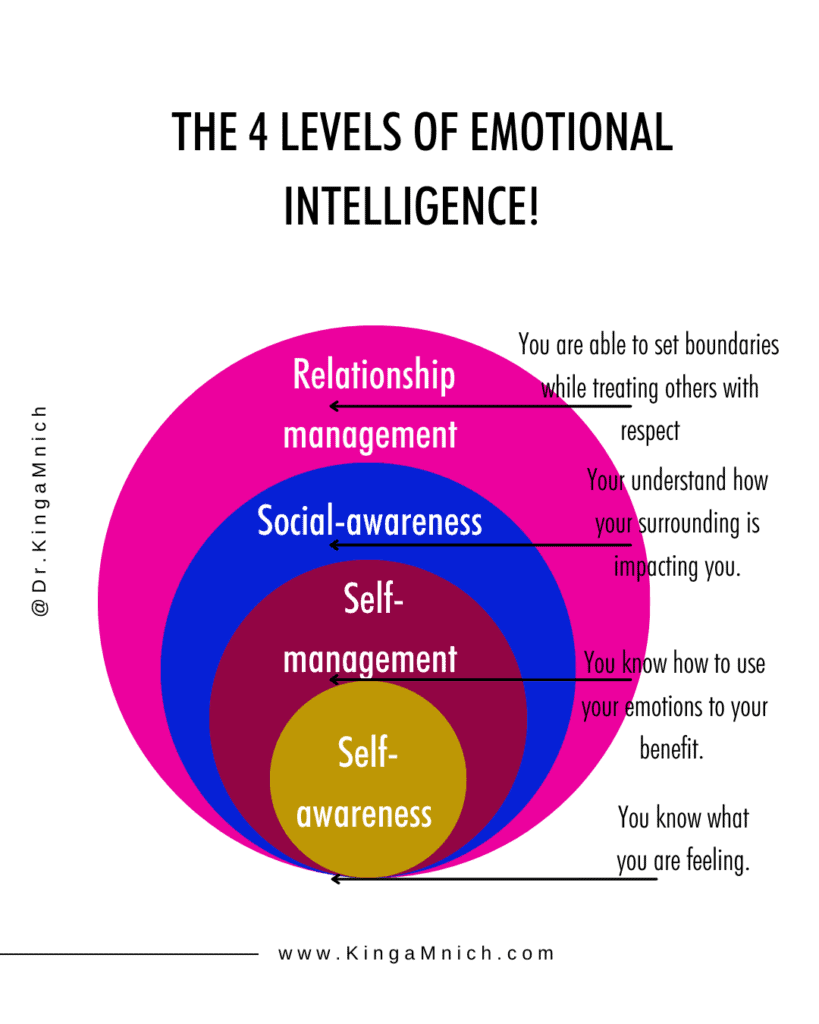
Read more:
Are your Emotions defining who you are?
The Effects of Anger on the Brain and Body
Would you like to learn more about emotions, emotional intelligence, and how to reconnect with your emotions so you can feel the way you want to feel? Sign up for my bi-weekly newsletter today and receive the latest know-how on emotions, mindset, leadership, and community building.

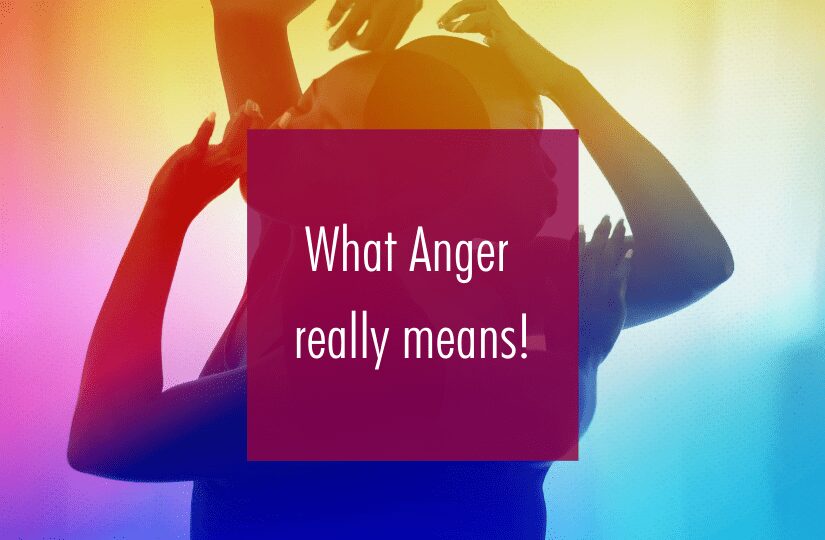
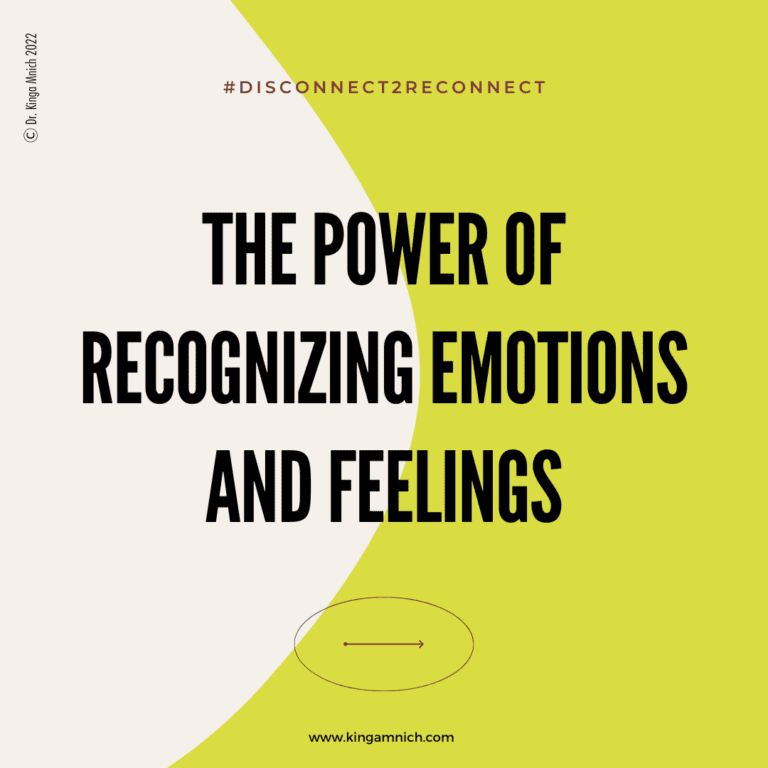
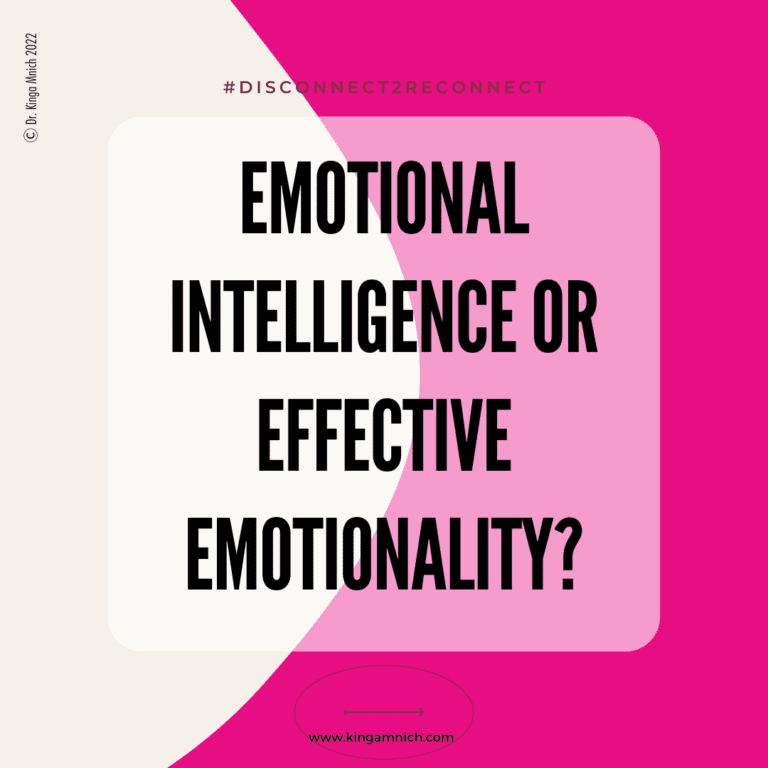

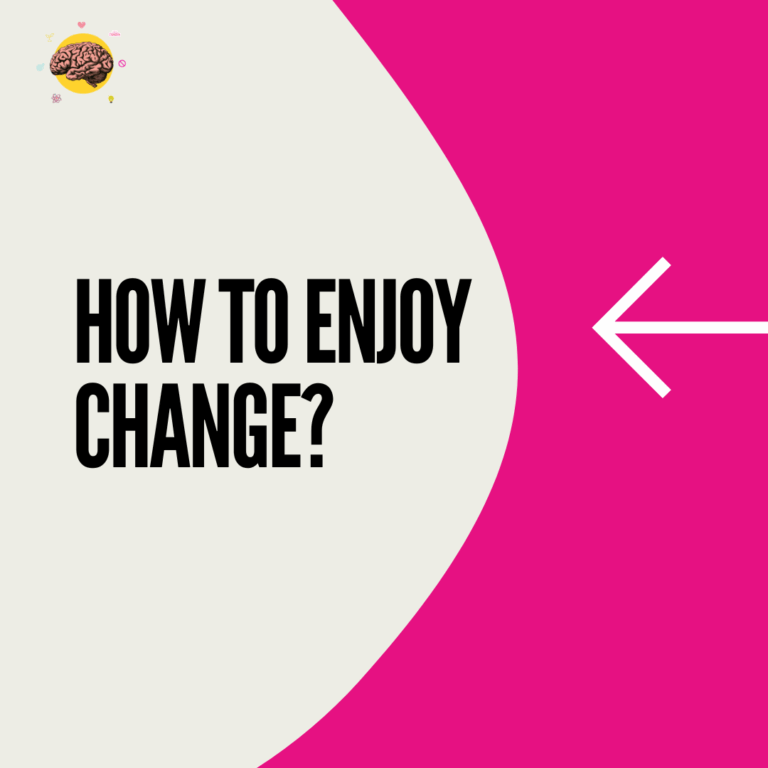

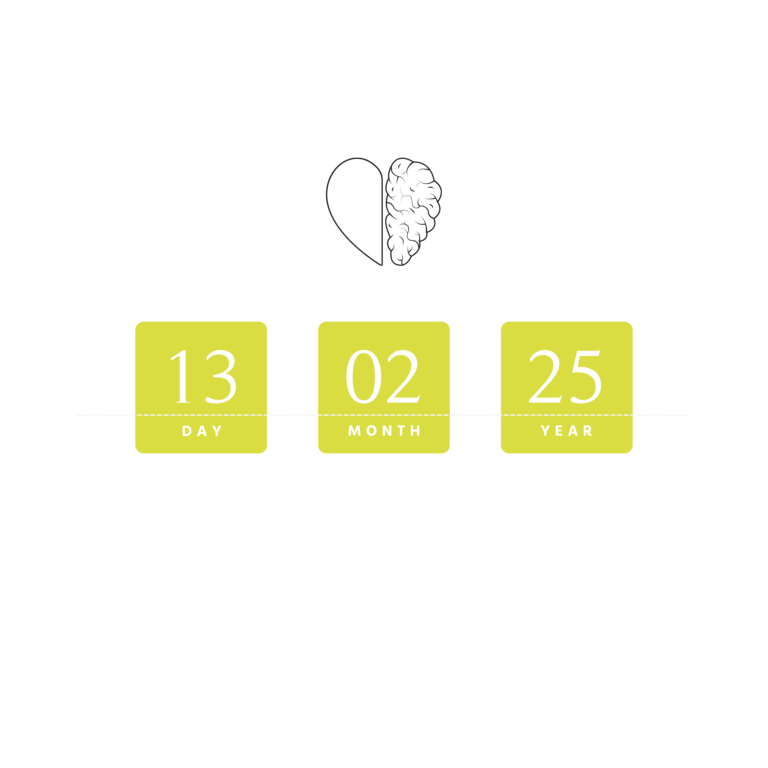





One Comment
Ooohh… love this blog. It is insightful, well written. Technical but not overwhelming. Good reading